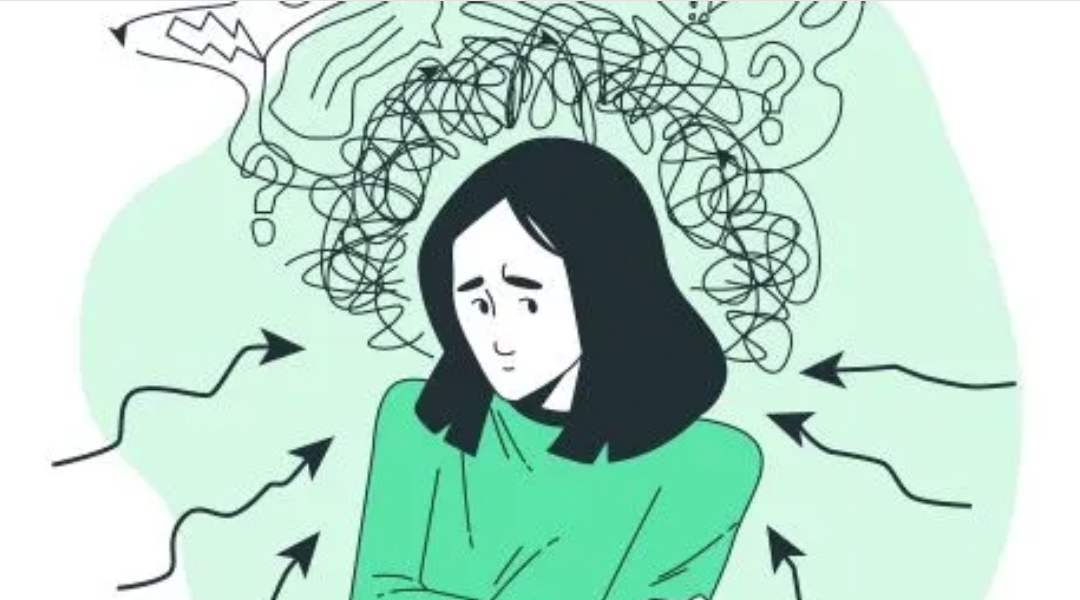Causes of anxiety are complex – and so is the treatment of it. Treatment for anxiety can consist of medication, therapy, and lifestyle changes, but PCPs typically only have the expertise and time to prescribe medication. Medication only addresses the symptoms of anxiety – and patients are left with an incomplete understanding of root causes and triggers of their condition.
There is an inherent gap between a PCPs broad training as the first line of defense in healthcare and a patient’s expectations for treatment of complex conditions like anxiety. Appointments with PCPs are designed to be less than 18 minutes long – leaving limited time for detailed or nuanced discussion. To make things even harder, patients forget up to 70% of what is discussed during a visit. This combines to leave patients less informed and less empowered to take additional steps to improve their condition.
Fortunately, new tools like Encap Health can act like a digital medical assistant for PCPs and automatically send patients additional educational information as an extension of their visit. This is especially helpful for complex conditions like anxiety since the additional material can go into more detail on things like the latest lifestyle interventions and therapy.
Below we present some common lifestyle and therapy tips that PCPs can use to help their patients to more effectively treat anxiety.
Lifestyle Interventions
There are numerous lifestyle interventions that can improve a patient’s anxiety symptoms.
- Breathwork
- Breathing in specific ways can ‘hack’ your parasympathetic nervous system and cause immediate improvements to anxiety: some methods are:
- Physiological Sigh: Two short, strong inhales through the nose, then a long exhale through the mouth. Repeat 3 times. This can be used to immediately reduce stress. Stanford Neuroscientist Andrew Huberman describes in more detail in this video: Link to physiological sigh YouTube video.
- Box Breathing: Used by Navy Seals during stressful situations, this involves 4 equal parts (like a box). 1. Breathe through your nose for 4 seconds. 2. Hold for 4 seconds 3. Breathe out through your nose for 4 seconds 4. Hold for 4 seconds. Repeat for 4 minutes.
- Breathing in specific ways can ‘hack’ your parasympathetic nervous system and cause immediate improvements to anxiety: some methods are:
- Meditation: One study found meditation was as effective as prescription drugs at treating anxiety. Like how lifting weights in the gym can make you physically stronger, brain exercises like meditation can make you mentally stronger and physically change how your brain works. Headspace (a meditation app/website) gives an overview of how meditation can improve anxiety and has specific anxiety meditations (Headspace Anxiety Meditations), or you can check out free guided meditations on YouTube (YouTube 10-minute Meditation Example).
- Exercise: Exercising three times a week for 30 minutes can reduce anxiety and depression. This Mayo Clinic article has more details about the type and length of exercise (Link to Mayo article).
- Diet, Caffeine, and Sleep: Managing your diet, caffeine, and sleep can help anxiety.
- Diet – One study showed that a Mediterranean diet for 12 weeks improved depression by 33% (the placebo group improved by 8%). This 1-hour podcast with Professor Jacka, who ran the study, dives into how diet and the gut microbiome can impact mental health and anxiety (Click here for diet podcast link). Learn more about the Mediterranean diet in this NY Times article.
- Caffeine – Caffeine can increase anxiety symptoms and the likelihood of a panic attack. Try limiting your total caffeine intake (which can also improve sleep).
- Sleep – Sleep and anxiety are a vicious cycle as anxiety can prevent good sleep, and a lack of good sleep can exacerbate anxiety. You can discuss sleep in more detail with your doctor, including common sleep issues like sleep apnea. Stanford neuroscientist Andrew Huberman lists his top 12 sleep tips here: Huberman Sleep Toolkit.
- Get Outside: Walking in nature (coined “Forest Bathing” by Japanese researchers) is scientifically proven to lower heart rate and blood pressure and improve anxiety. Aim for 20 minutes 3 times a week without any technology or phones. This Men’s Health article has more information: Link to Getting Outside article.
- Vitamins and Supplements: Numerous over-the-counter supplements may help with anxiety, including Magnesium (magnesium threonate and citrate may outperform magnesium carbonate and cause less upset stomach), Omega-3, L-theanine, Ashwagandha, and Lavender. Discuss any supplements with your provider for possible drug interactions and side effects. A reminder that supplements are not regulated by the FDA, so quality and consistency can vary.
- Learn: Learning more about anxiety, potential triggers, and treatment options can empower you to treat your anxiety. Some recommendations for learning more include:
- Books: Click here for Amazon’s top 50 anxiety books
- Podcasts: Betterhelp recommends its top podcasts for anxiety here.
- Acupuncture: Some studies show acupuncture as an effective treatment for anxiety with potentially fewer side effects than medication. Acupuncture can stimulate your nervous system and thereby release natural hormones in your body.
- Improve your Vagal Tone: Many of the recommendations above can improve your vagal tone. Other options, such as humming, listening to relaxing music (think “sound bath” music played at spas), and cold water exposure, may improve your vagal tone. This article discusses vagal tone and potential ways to improve it in more detail.
- Check your Thyroid: Some anxiety symptoms, like shakiness or depression, may be caused by an underactive or overactive thyroid. Talk to your provider about testing your thyroid function.
Therapy Options
The most recommended therapy for anxiety is a structured talk therapy called “Cognitive Behavior Therapy” or CBT. During CBT, a mental health professional helps you uncover and address anxiety triggers and equips you with strategies to cope with and manage stress and emotions. CBT can change your neural pathways by helping you unlearn negative thoughts and behaviors that contribute to anxiety. It is often covered by insurance and can be done in person or virtually via phone or video calls. A list of top virtual options can be found here – https://www.top10.com/online-therapy/cbt-comparison.
At Encap Health, we strive to provide a more efficient, more effective patient experience by providing actionable information tailored to your patient’s needs. If you are interested in learning how Encap can better engage your patients throughout their care journey and drive value for your practice – schedule a demo with us by emailing support@encaphealth.com .

